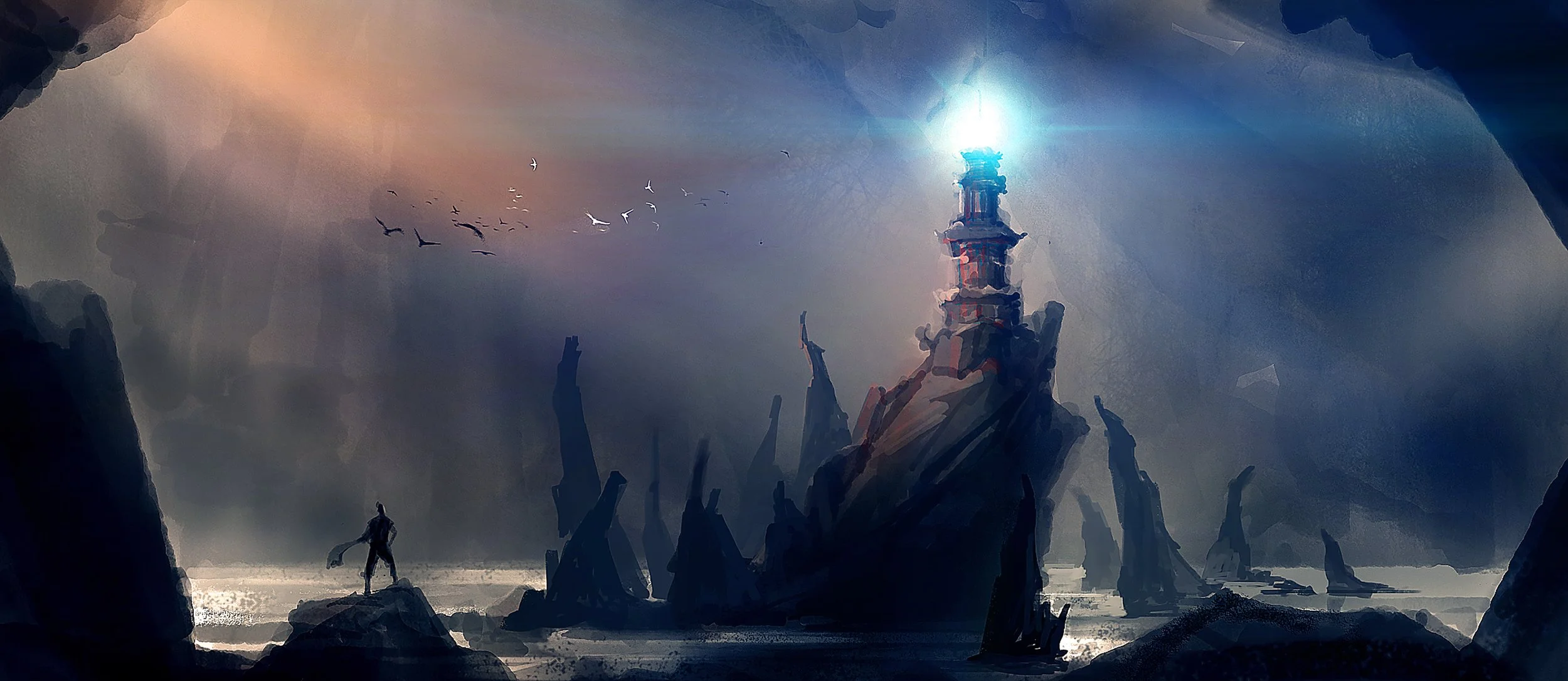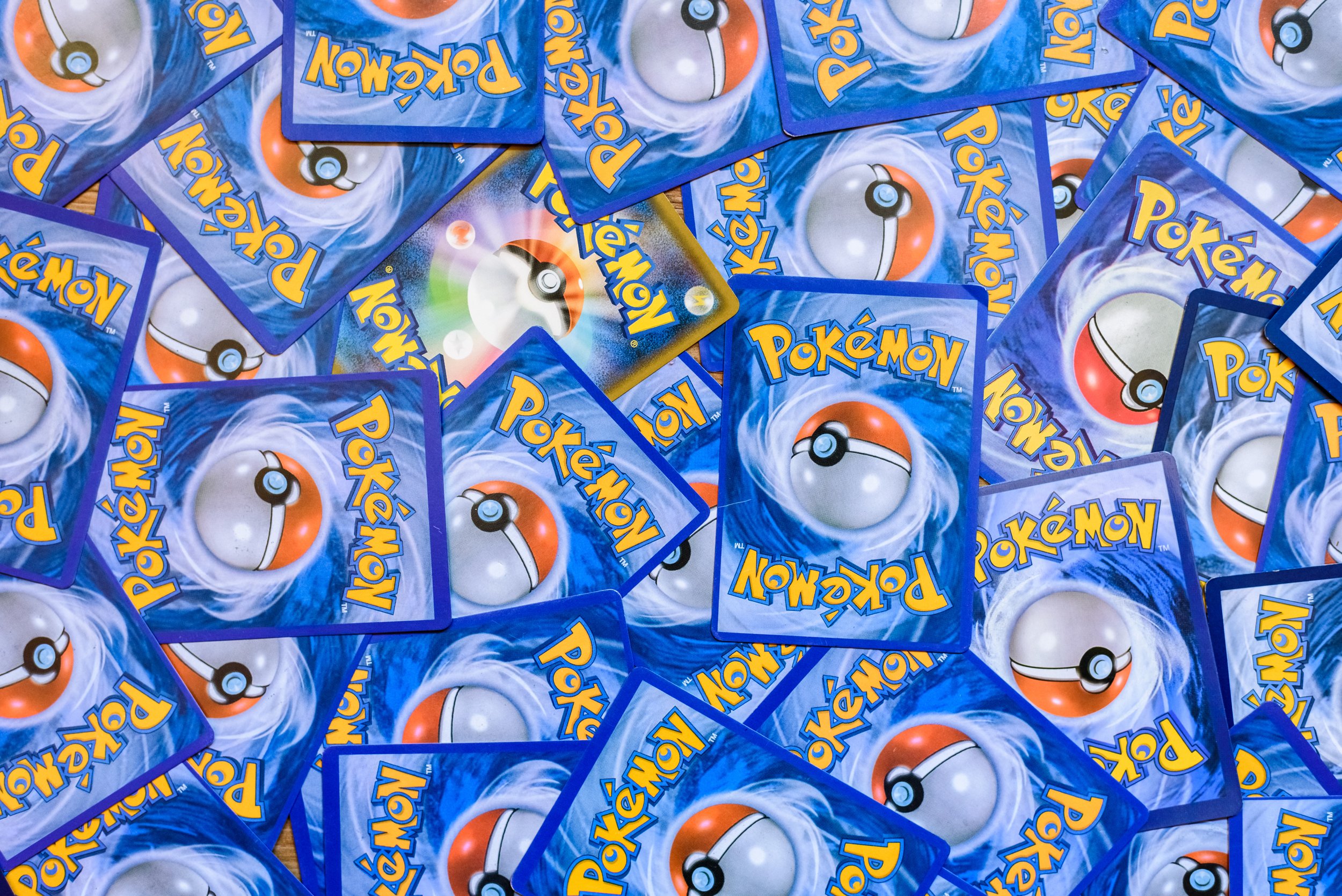Can Gaming Help With Anxiety?
For over twenty years, gaming has been blamed for a variety of negative impacts. Numerous studies have shown a correlation between gaming and mental health issues.
But as a gamer myself dealing with anxiety and depression, I’ve always felt that gaming made me feel better, not worse. More recent studies have shown that while there may be a connection between gamers and higher levels of anxiety, it is not necessarily causation. And in fact, gaming has been shown to be beneficial and help symptoms of anxiety and depression in many people.
"Strength lies in knowing oneself."
- Planescape: Torment
What are Anxiety Disorders?
According to the National Alliance on Mental Illness (NAMI), almost one in four Americans has an anxiety disorder. Additionally, certain times of the year may be more stressful than others, triggering anxiety issues for some people. (Read more on Gamers and Dealing with Holiday Anxiety)
While there are many types of anxiety disorders, each with unique symptoms, some commonalities exist between them. Anxiety tends to produce any of the following symptoms:
Feeling tense or nervous, overall apprehension and/or panic
Rapid breathing and fast heartbeat
Sweating and headache
Difficulty sleeping and fatigue
Upset stomach, nausea, and/or frequent urination
General restlessness
Hard to concentrate and difficulty focusing
The most common types of anxiety disorders are Generalized, Social Anxiety, Panic Disorder, and Phobias. Phobias tend to be anxiety related to a particular object, place, or situation.
Panic disorder is associated with panic attacks. These intense and potentially frightening episodes of anxiety can come on very suddenly and are often triggered by and accompany other anxiety disorders.
Where phobias may be very specific, Generalized Anxiety Disorder produces anxiety from much broader circumstances. It can cause an exaggerated worry and tension about daily life and unreasonable fears about outcomes from typical day-to-day scenarios. Generalized anxiety can interfere with the ability to concentrate and focus and severely interrupt daily life.
Social Anxiety Disorder causes apprehension in social interactions. It can cause intense anxiety about being judged, embarrassed, or causing offense when interacting with other people. Social Anxiety Disorder is much more than shyness. Whether anticipated or unexpected, social interaction may cause severe apprehension and can trigger a panic attack.
Due to the distressing nature of these anxiety disorders and the sheer terror of a panic attack, many people will try to avoid situations that may trigger them. However, this may mean avoiding participation in activities, social isolation, and difficulties overcoming personal fears.
"Does this unit have a soul?"
- Mass Effect 3
Are Gamers More Likely to Experience Anxiety?
Many gamers report issues with anxiety and stress. The NAMI 2020 statistics reported that 19% of Americans have an anxiety disorder. However, in a survey conducted in 2020 by the International Game Developers Association, the Fair Play Alliance, and My.Games, 33% of American gamers reported experiencing anxiety or other stress-induced disorders multiple times within the previous year.
Several studies link gaming, particularly video games, to anxiety disorders. Many of these discuss how gaming can result in anxiety in some people. However, it is also likely that many people with existing anxiety issues may be more drawn to gaming than others.
Many people that deal with anxiety disorders isolate themselves to avoid panic attacks and other distressing symptoms. Gaming is a fun and safe hobby that can be enjoyed in complete isolation or with others. Playing is typically done while at home or in other comfortable and familiar surroundings. And socialization aspects may feel less intense and can be easily turned off by the click of a button.
"The strength we need is all around us."
- Ghost Of Tsushima
How Gaming Can Help with Anxiety
Dealing with symptoms of anxiety can make it difficult to function in daily activities. The fear of “what-if’s” can be panic-inducing. But gaming provides an escape from this day-to-day.
Being in a written and/or coded world offers a certain sense of security versus the unstructured and more chaotic real-life world. While there still may be unexpected situations to the player, everything is still within the predictable physics and storyline of the game.
For socialization, in single-player games, NPCs can provide a sense of speaking with others without the same level of anxiety as an actual person. And for multiplayer situations, the focus is on the game, and the communication aspect may not feel as intense as in non-gaming socialization situations.
"No matter how deep the night is, it turns out to be day eventually."
- One Piece The Official Game
Scientific Benefits of Gaming and Mental Health
But what about the science? Much of the historical studies on gaming, particularly video games, are very negative. They highlight the risks of gaming addiction but often fail to discuss any potential benefits. But more recently, researchers are starting to look into the positive impacts of gaming and mental health.
Several studies have linked video games to positive emotions and relaxation. This may be due to the sense of engagement and immersion that gaming can provide. Completing quests and missions gives players a sense of accomplishment and purpose for their actions.
Many players find the interactive abilities of multiplayer games help build positive communication skills. They may feel more accepted and less isolated when playing with others. In the same 2020 gamer survey, 64% of American gamers reported that interacting with other players gave them a “stronger feeling of being connected to others.”
“I don’t need a weapon; my friends are my power!”
- Kingdom Hearts
Gaming has also been shown to reduce symptoms of anxiety and stress. Early research in 2018 showed that therapeutic video games were effective and showed clinically measurable reductions in symptoms of anxiety in adolescents.
An additional review in 2019 discussed the positive therapeutic effects of commercial games and said that casual video games “may have promise for treating anxiety, depression, stress, and low mood.”
Two separate studies in 2021 discussed the use of video games as treatments for mental health issues. One concluded that commercial video games have cognitive benefits to players, such as attention control, information processing, and cognitive flexibility. And it went on to discuss the possibility of using commercial video games as a stigma-free, inexpensive, and easily accessible tool for reducing depression and anxiety.
The second review discussed how stress and anxiety reduction was demonstrated across multiple genres, including action games, RPGs, and augmented reality games. Positive results were seen across platforms, including consoles, PCs, mobile, and VR games. And it was found that even a single game session helped reduce stress and anxiety in players.
"Life is a serious battle, and you have to use the tools you're given."
- Pokemon Black And White
One gamer, Stephen Machuga, has even been quoted as saying, “videogames saved my life.” He went on to found Stack Up, an organization that supports fellow veterans dealing with PTSD and other mental health issues through gaming and the gaming culture.
Gaming can be very beneficial in helping to ease symptoms of anxiety. However, like any good thing, doing it in excess can have negative consequences. Using gaming to the extent that it takes priority over other aspects of life is dangerous, and gaming addiction can become a serious issue. The key is balancing gaming with other treatments and seeking help for mental health issues when needed.
"Human beings can choose the kind of life that they want to live. What's important is that you choose life... and then live."
- Metal Gear Solid
Conclusion
For myself, gaming is one of my favorite hobbies. There is nothing like the immersion and fantasy of playing a character in another world. And when anxiety becomes an issue, that element of escape can be very beneficial.
But I know I can’t live in the imaginary world. Gaming lets me have a safe place to work out my fears and relieve stress so that I can return to the real one, feeling better and mentally stronger. Not to mention, it’s a great way to just have fun!
Does gaming help you with anxiety? What are your favorite games to help with stress management?
Author:
Laurie Trueblood is a writer and life coach that enjoys fantasy, science, psychology, and everything nerdy. As the founder of Adventures to Authenticity, her mission is to help others level up and become the best versions of themselves.
Read more video games and mental health articles: How To Stay Motivated When It Feels Like You’re Princess Is Always in Another Castle and 20 Reasons Why We Buy Video Games that We Don’t Play








